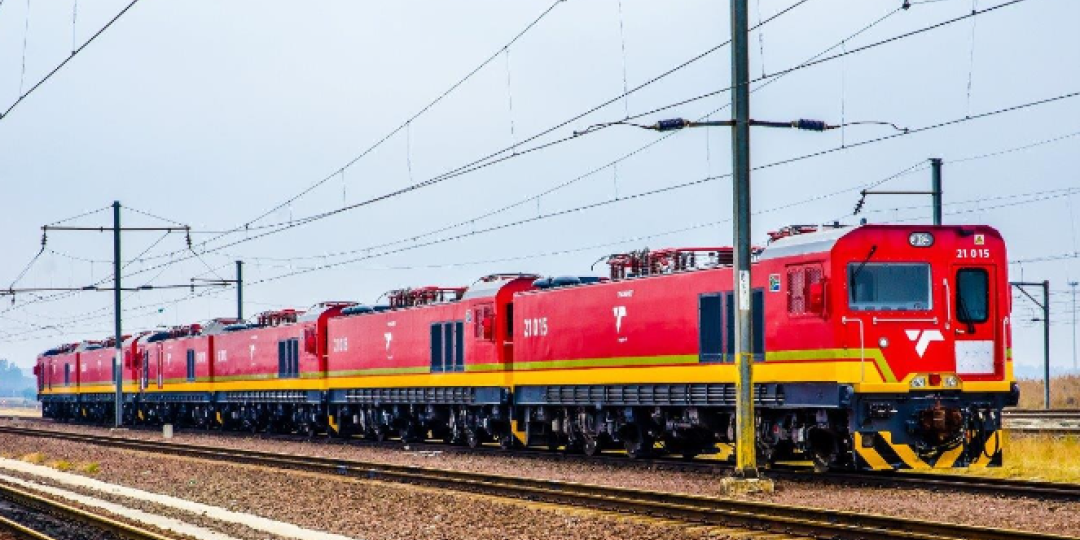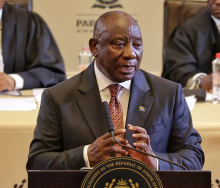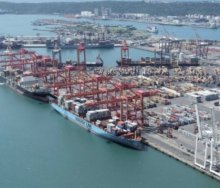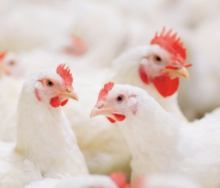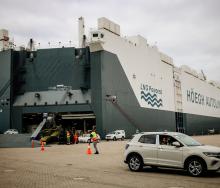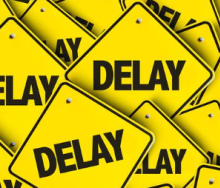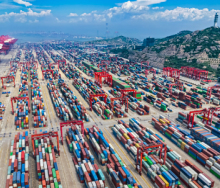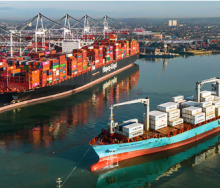Transnet Freight Rail (TFR) will need investment of more than R50 billion in the next five years if it is to improve capacity and freight rail performance.
Addressing a webinar on the state of freight and rail in South Africa, TFR acting general manager: Rail Network and Projects, Bessie Mabunda, said on Thursday that the entity required a combination of funding to deal with the network backlog and continually maintain the network to the desired standard.
Transnet posted a R5.7bn loss on the back of falling freight rail volumes that dropped 23.6 million tonnes to 149.5 million tonnes in the 2022-23 financial period.
The state-owned entity has faced challenges in recent years, including the poor condition of its rail network, security issues, cable theft and infrastructure vandalism, as well as the unavailability and reliability of locomotives.
Mabunda said a level of capital funding would be required to sustain the network at full capacity.
“The National Rail Policy, approved by Cabinet on March 23, 2022, provides an opportunity for funding through full network reflective tariff, as well as government support and public participation. From a network restoration point of view, we have identified that some of the corridors have a high requirement due to years of underfunding,” Mabunda said.
“There are certain lines that require more intensive maintenance due to the age of the line, the design topography, and the impacts of weather. Certain lines are also more prone to theft and vandalism, especially our electrifying lines and our fully signalled areas, which have been under siege in the last couple of years.”
From a 'sustaining capex' point of view, Mabunda said the biggest concern was that most of the train authorisation systems were at the end of life and needed to be replaced.
She added that TFR would implement outcomes-based security, which relied on boots on the ground and vehicles guarding the network.
“We have been carrying out specialised operations at hotspot areas. We have been focusing on illicit markets in conjunction with law enforcement agencies. There has been a national logistics committee that has been established and one of the work streams focuses on an integrated approach to fighting crime,” Mabunda said.
Transnet has enlisted the assistance of original equipment manufacturers for fleet maintenance.
“The original equipment manufacturers of stock are critical to the supply of spare parts, especially parts and systems that have inherent intellectual property linked to them. We have concluded and awarded one of the contracts. There are three contracts we need to award. The second contract is at final approval stage and the last contract is in technical evaluation,” Mabunda said.
She said returning long-standing locomotives into service was only part of the solution, as there was a further requirement for continued sustainability of the fleet to ensure reliability.
She said Transnet was also improving the fleet by performing modifications through Transnet Engineering, which had seen several locomotives returned to service using alternative compressors.
“We have a large order of compressors that will assist us in the interim to return some of the long-standing locomotives. We are also focusing on digital transformation,” Mabunda said.
“This is to transform the business by implementing integrated technologies and systems across the value chain including train planning, and yard operations – that will allow us to track and trace rolling stock, unlock value and drive efficiencies, and position us for the railway of the future,” she said. – SAnews.gov.za
